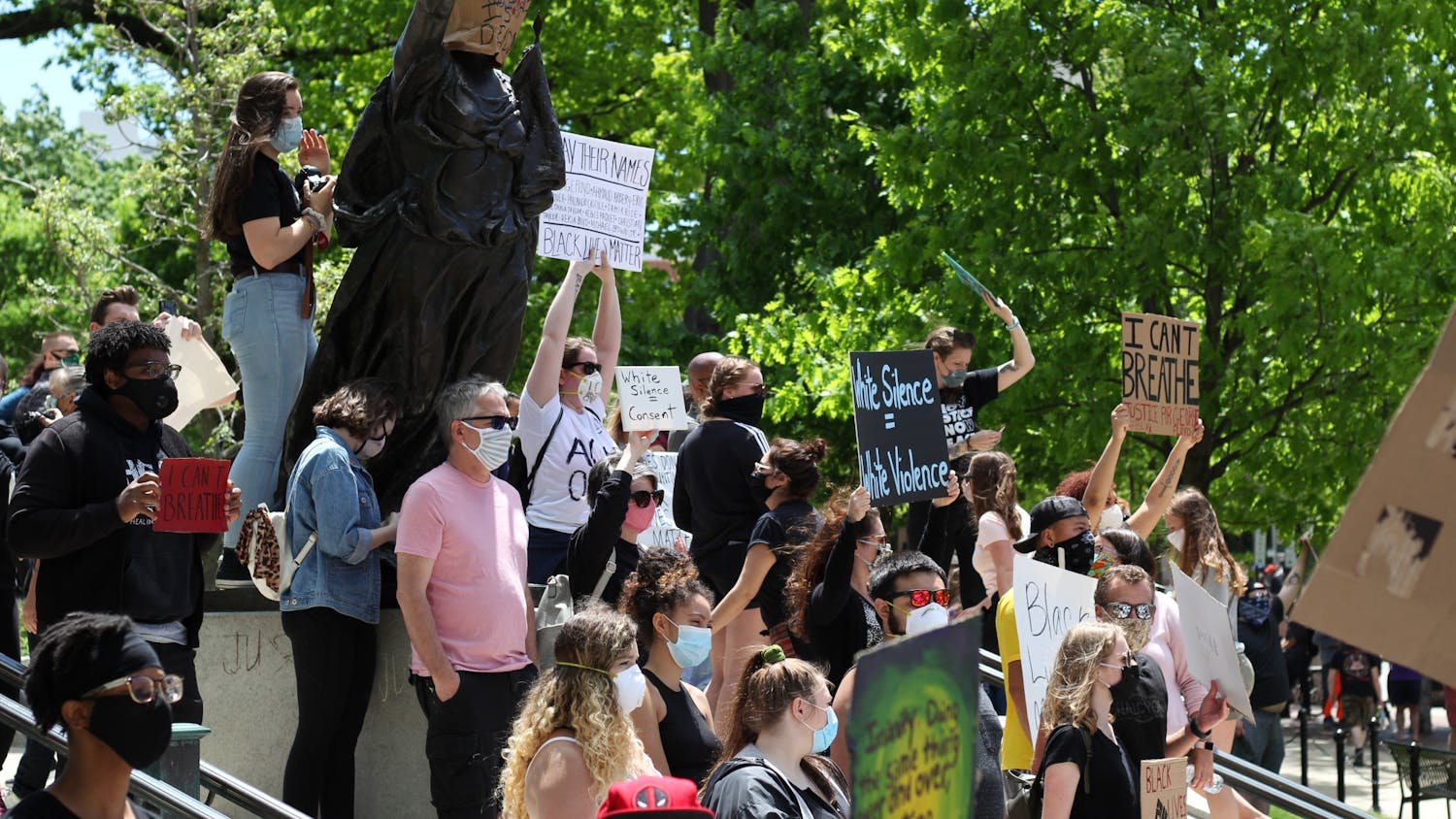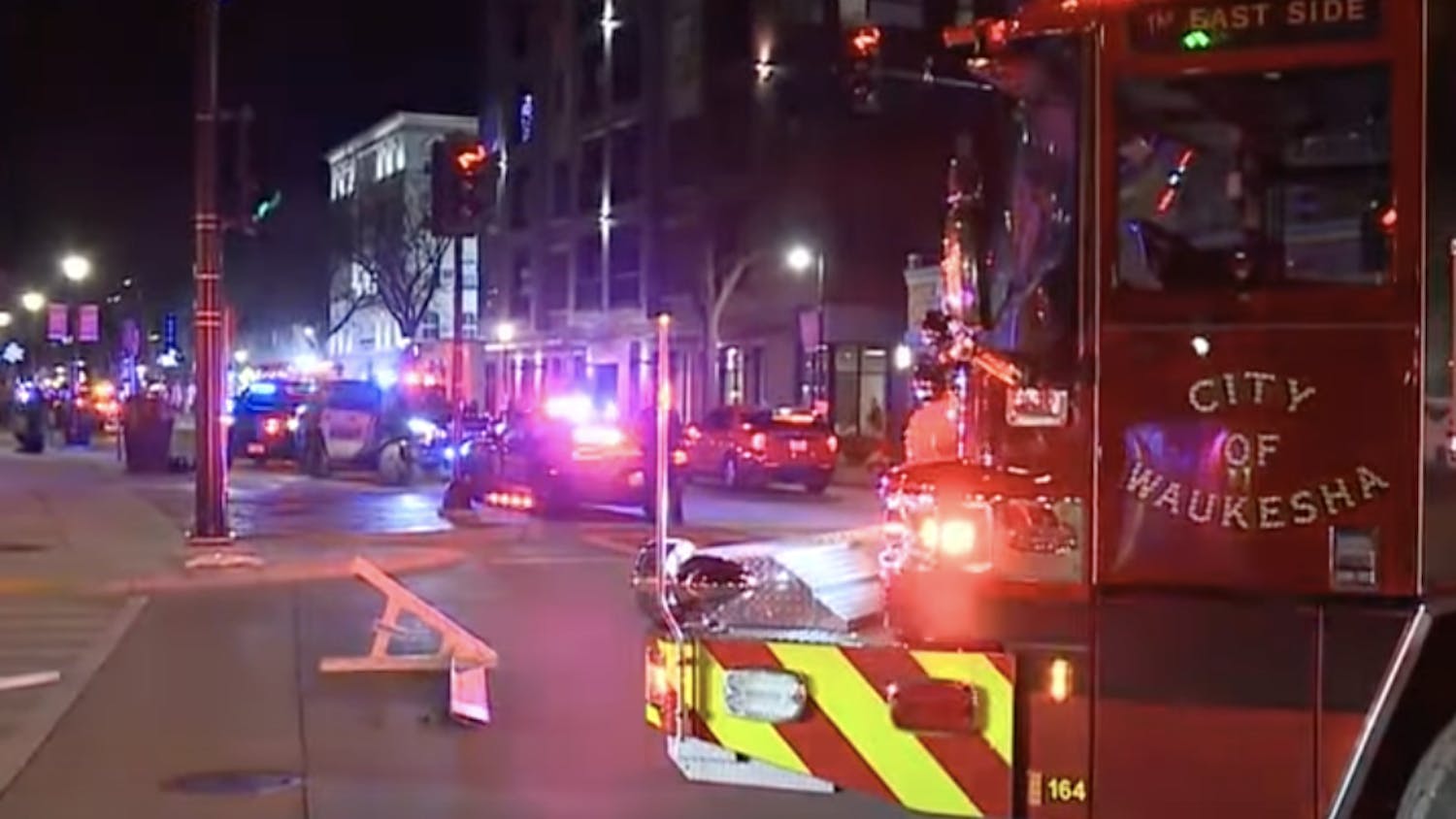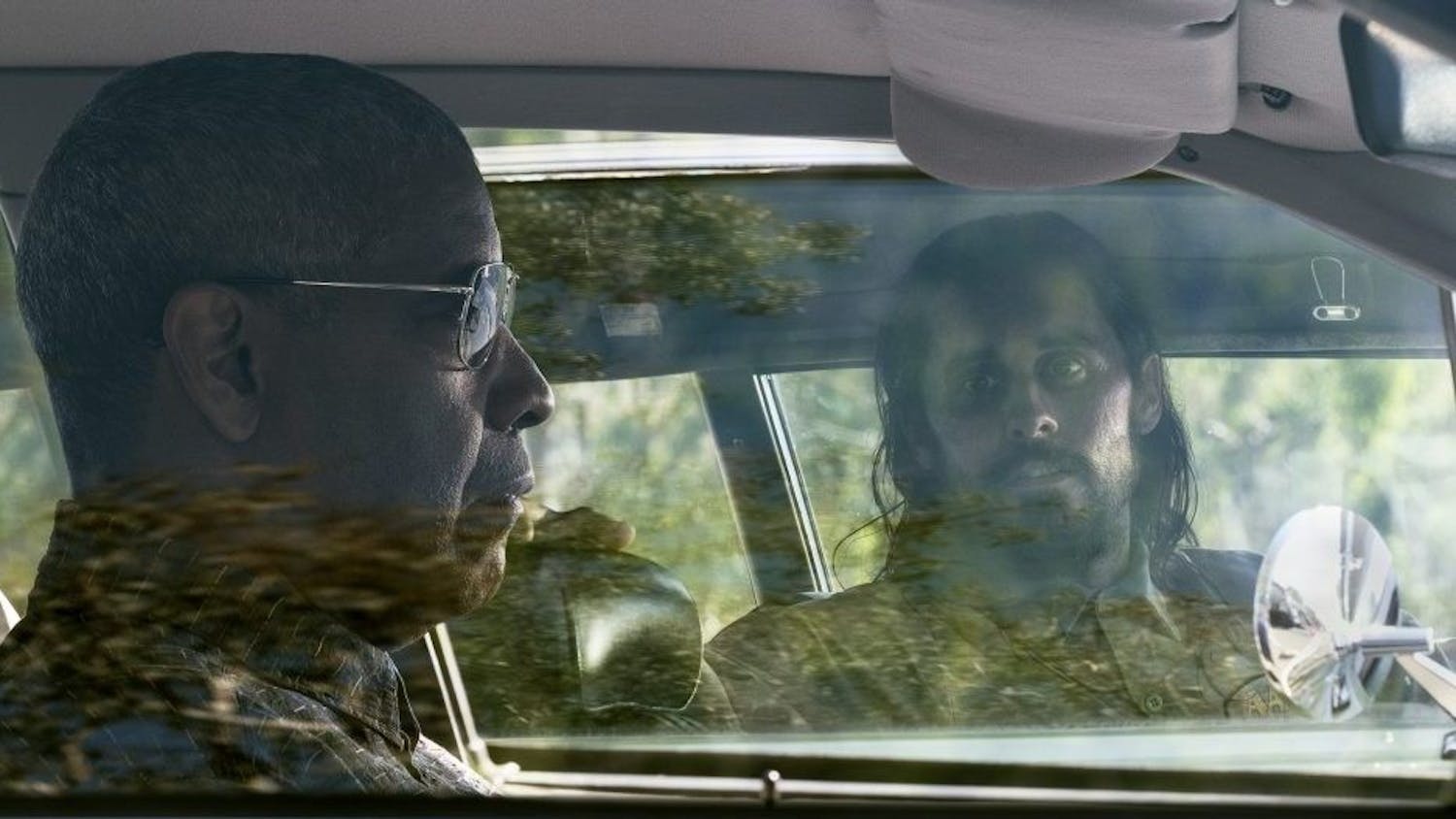Gov. Tony Evers’ second State of the State address Wednesday elicited praise and condemnation from his legislative counterparts as he highlighted across-the-aisle accomplishments and outlined plans to address future challenges.
One of Evers’ most important talking points was a three-part plan to aid farmers who have increasingly experienced issues like bankruptcy, tariffs and trade wars. The plan drew widespread praise.
Evers proposed to expand funding for agricultural programs, forming a Blue Ribbon Commission on Rural Prosperity and creating a special session to take up a bill package, which would “set a goal of increasing Wisconsin’s dairy exports to 20 percent of the U.S. milk supply by 2024,” Evers said in his speech.
“We have not forgotten those who have shared the harvest and bounty, feeding our families, our communities, our state and our country for more than a century,” Evers said. “And tonight, we say that we are ready to be a partner in the promise of prosperity.”
Though Evers’ plan received bipartisan support, Republican lawmakers criticized Evers’ inaction.
“If [Evers] has finally turned his attention to rural Wisconsin, that basically shows that he’s ignored that part of the state for most of the last year since he’s been elected governor,” Assembly Speaker Robin Vos, R-Rochester said.
State Sen. Duey Stroebel, R-Cedarburg, expressed doubt Evers is truly helping rural citizens.
“While Governor Evers acknowledged the challenges facing rural Wisconsin, his policy proposals during his first year as Governor have not aided farmers or their neighbors,” Stroebel said in a press release. “His agencies have also pursued policies and regulations that will increase the cost for businesses throughout our state, including farmers. Governor Evers' agenda will not benefit rural Wisconsin or my constituents.”
Following the creation of the 2020 U.S. Census, Evers announced plans to create a nonpartisan redistricting commission to redraw new maps. Alleged gerrymandering practices perpetrated by the Republicans in the early 2010s elicited frustrations by state Democrats and the judiciary. The proposed commission would utilize nonpartisan officials to draw legislative districts and submit them to the state legislature for their approval.
“Our nonpartisan redistricting commission will consist of the people of our state — not elected officials, not lobbyists, not high-paid consultants,” Evers said.
Senate Majority Leader Scott Fitzgerald, R-Juneau, refuted Evers’ plan and harkened back to the state Legislature’s constitutional right in determining electoral districts.
“It's still the responsibility of the Legislature to draw the maps every 10 years based on the census,” Fitzgerald said. “The Legislature has to draw the maps whether he likes it or not.”
Evers also mentioned the newly formed Climate Change Task Force, led by Lt. Gov. Mandela Barnes and his plan to create the Task Force on Student Debt in Wisconsin.
“Because of looming student debt, millennials and other young adults are struggling to purchase homes and support families, said Rep. LaKeshia Myers, D-Milwaukee, in a press release I hope the task force will tackle the issues of predatory lending by for-profit colleges and other abusive practices to protect Wisconsinites struggling with student loan debt.”
In light of political impasse and legal battles, Evers pointed out that 95 percent of the bills he signed in his first year received bipartisan support. Despite the apparent cooperation, Evers advocated for better relations between the Republican-controlled Legislature and his administration.
“We can choose to re-litigate past political tussles, or we can choose to transcend animosity to rise and greet the problems before us,” Evers said. “We can choose to resent the hand that helps another, or we can choose to celebrate our neighbor’s prosperity because therein lies our prosperity too.”
Assembly Minority Leader Gordon Hintz, D-Oshkosh, voiced his support for the governor and noted that collaboration is the most efficient way to govern.
“It is my hope that we can take on these challenges in a bipartisan manner without being stopped by gatekeepers in Republican leadership who are more concerned with thwarting Governor Evers than creating opportunity across the state,” Hintz said in a press release.
While Speaker Vos acknowledged the Assembly’s bipartisan record, he slighted the Democrats and credited his own party for Wisconsin’s current position.
“As the governor, [Evers] has the bully pulpit tonight, but we wanted to ensure that we remind people the state is in a great position right now thanks to Republican leadership over the past eight years,” Vos said.
Although Evers admitted some of his policy objectives were not accomplished during his first year, he mentioned future goals, including closing the dark store property tax loophole, addressing youth vaping and insulin costs, as well as passing criminal justice reforms.
Hope Karnopp is the news manager and dabbles in music reviews at The Daily Cardinal. She previously hosted the Cardinal Call for WORT-FM and edited state news.






